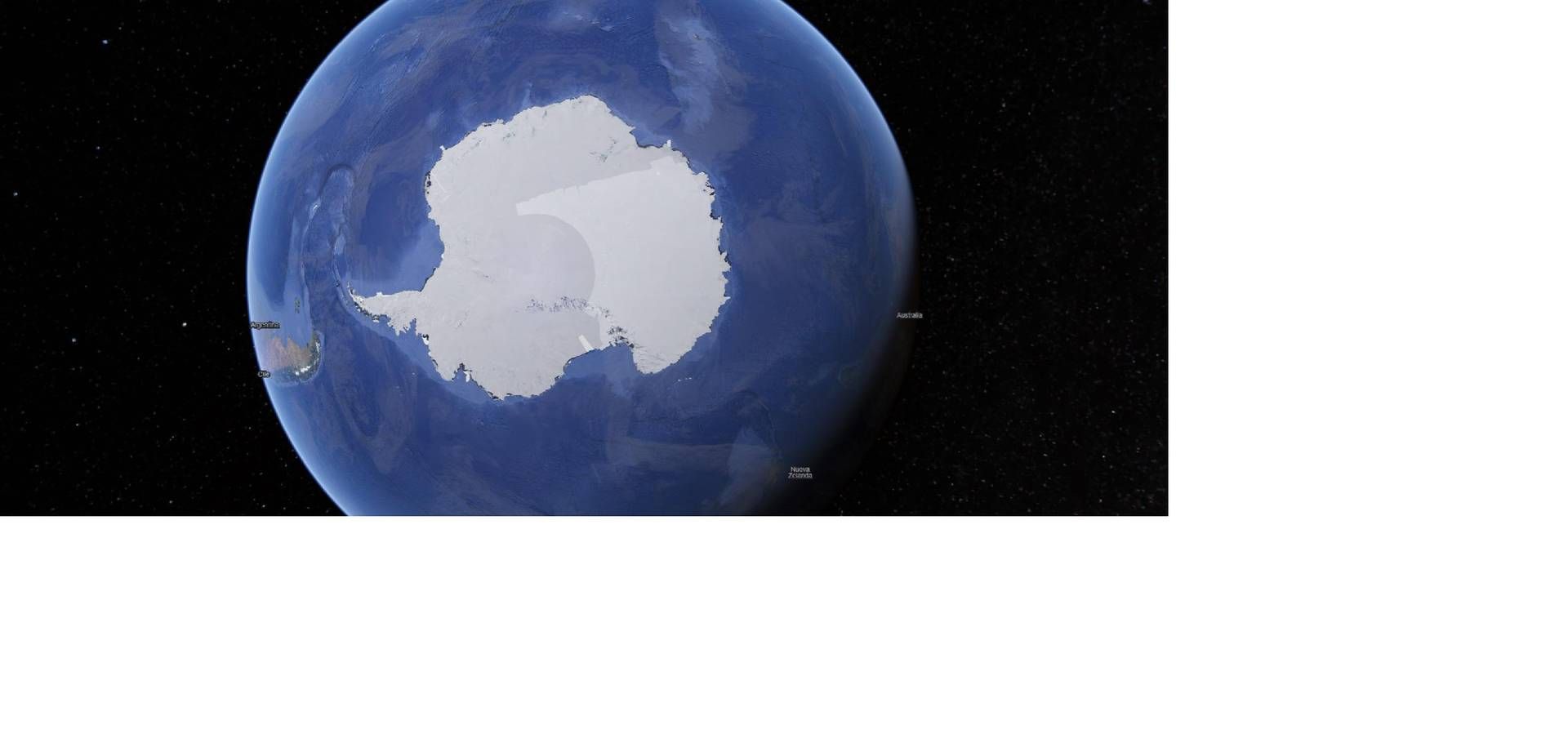An international team of scientists has recently undertaken a mission to Antarctica with the aim of collecting glaciomarine sediments at the western margins of the Ice Sheet which will allow us to estimate the future rise in ocean levels.
The expedition involves technicians and specialists from 13 countries and uses paleoclimatic analysis techniques to study sediment samples from the seabed under the Ross Shelf, the largest ice shelf on Earth, extracted through some drilling up to 200 meters deep below sea level.
For Italy, the National Institute of Geophysics and Volcanology (INGV), the University of Genoa, the University of Siena, the University of Trieste and the National Institute of Oceanography and Experimental Geophysics ( OGS), with the support of the PNRA (National Antarctic Research Programme) through the Italy for SWAIS-2C project.
“The West Antarctic Ice Sheet contains such a quantity of ice that, if it were to melt completely, it would raise sea levels by 4-5 metres.”, explains Paola Del Carlo, INGV researcher. “Recent research has shown that, due to the increase in global temperature due to ongoing climate change, the collapse of some parts of it may be inevitable; however, this increase in temperature has not yet affected the waters underlying the great Ross Platform which, therefore, still constitute a support that stabilizes the overlying glacial mass, even if we do not know for how long“.
The ongoing mission on the Antarctic continent aims to understand what temperature could trigger the melting of the Ross Shelf, with subsequent collapse of the West Antarctic Ice Sheet.
“The sediment samples our team expects to recover date back hundreds of thousands, if not millions, of years, and include information about the last interglacial period that occurred 125,000 years ago, when the planet was about 1.5°C warmer of pre-industrial temperatures“, adds Del Carlo. “The hope is that the results of this research can help guide plans for forecasting and adapting to the inevitable rise in sea levels, as well as further underlining the urgency of adopting policies and solutions capable of mitigating global gas emissions greenhouse“.
Drilling many kilometers from the nearest base – Scott Base in New Zealand – requires considerable logistical capacity to transport personnel and equipment on a convoy of tracked vehicles on a journey of more than 1100 kilometers across the frozen surface. The crossing to the Ross Shelf is expected to take around 15 days and, once at the chosen drilling site (called KIS3), involves the construction of an ice landing strip for ski-equipped aircraft, allowing drillers and other scientists to reach this area at the end of November.









